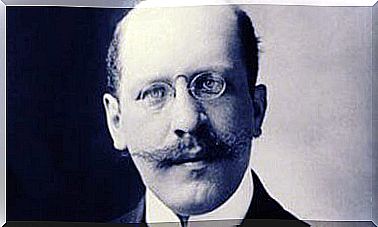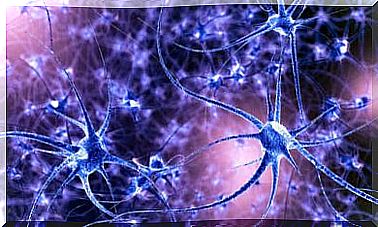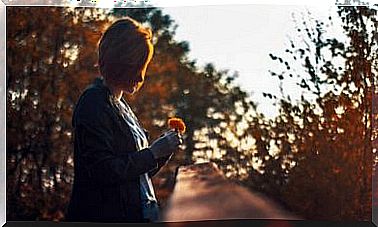The Fears Of Smart People

Beyond the differences in culture, beliefs, activity or country of origin, these people agree on several points, which are worth knowing. Most of the points of contact between all are related to the nature of man, lifestyle habits and projections thinking about the future. This is what you have to “worry about.”
1 – The technology
“Digital technologies break our patience and change our perception of time,” the writer Nicholas Carr said.
For his part, Evgeny Morozov, editor of Foreing Policy: “I am concerned that the power to solve problems increases with technology, but the ability to distinguish between important, trivial or non-existent things deteriorates. “
Archaeologist Christine Finn has said that contact with the physical world is being lost; the neurologist Marcel Kinsbourne, who we spend too much time on social media, and the philosopher Daniel Dennet, who cannot live without the Internet.
All these statements help us to understand a little more the impact that technology has on each of us. We have developed a “sense of urgency”, we need everything to be fast, done for yesterday, immediately, impatience takes hold of us. We want everything here and now, without assessing the cost that this entails.
2 – Humanity and nature
According to paleontologist Scott Sampson, ” we should be concerned about the incredible (psychological) gulf that separates us as humanity from nature. ” Also, a psychology professor named Jessica Tracy said that human beings are absolutely arrogant on this subject.
The progressive distancing of people from nature and the countryside to the city and the unnatural can be seen at all times. This leads us to think that “we are superior” to the rest of the living beings on the planet, that we are the owners of the earth.
In reality, this is not so, but we are part of it like an ant, a tiger, a whale or a tree. The only difference between them and us is that our actions and decisions have a much greater impact on a global level. So, instead of having an “arrogant” posture, we could begin to ask ourselves how to live in harmony with the nature that surrounds us (closer or further away).
3 – depend on the models
In the words of the anthropologist Scott Atran, “the homogenization of the human experience” is unfolding. For Nassem Nicholas Taleb, there is ” the black swan theory, because we continue to depend on the models that have already been shown to be fraudulent. ” And according to the psychologist Daniel Goleman, “the brain cannot conceive of our greatest problems.”
First of all, for some years now, we have been living an unbridled race to be equal to others, to have the same as everyone else, to live similar experiences. We do not realize that each individual “is a world apart”, that he needs his innate or acquired qualities, but above all, unique and unrepeatable. It must be remembered that it is the differences that give us true value.
Regarding the “black swan theory”, it is valid to know that it is about when an event represents a surprise and has a great impact, the person who receives it rationalizes in perspective and thinks that they could have foreseen it. For example, the financial crisis in a country, when everyone “could have already known it from some previous signs.”
If we continue to analyze events that occur from the wrong angle or an ineffective model, with unrealistic expectations or too rigid attitudes, we will always end up being victims of it. And what is worse, we will blame ourselves for what has happened for not having anticipated it.
4 – Not knowing how to face problems
Another concern of the intelligent is the end of the inoculation against difficulties, according to psychologist Adam Alter. In the words of gerontologist Aubrey de Gray, “society has a precarious ability to reason about uncertainty.”
Society tries under any circumstances to avoid problems and suffering, it wants everything to be beautiful, good, cheap, easy, etc. Growing up in these situations, we are not prepared for the real inconveniences that appear in life (which inevitably appear even if we don’t want to). In the face of adversity, we become resilient, developing capacities that we didn’t even know we had “saved”.
So changing your perspective will mean knowing how to deal with the problems and obstacles that appear along the way. They will undoubtedly be the ones that give us opportunities to grow and improve.
And furthermore, we are living in an era where uncertainty reigns the most, although we are not aware of it. The “not knowing” is part of our daily life, it is necessary to accept it as soon as possible, to be able to let go of the cravings for control, which do not generate more than stress, nerves, anxiety and diseases.
5 – “About” worry
Finally, the neuroscientist Joseph LeDoux, affirms that “we worry too much”. This would appear to be an endemic that affects the entire planet. In our culture, worry is synonymous with occupation and that is a fatal mistake. Worst of all, getting pre-occupied is really exhausting. That does not mean to face what is happening or to act, but it does not mean to fall into the other extreme.









